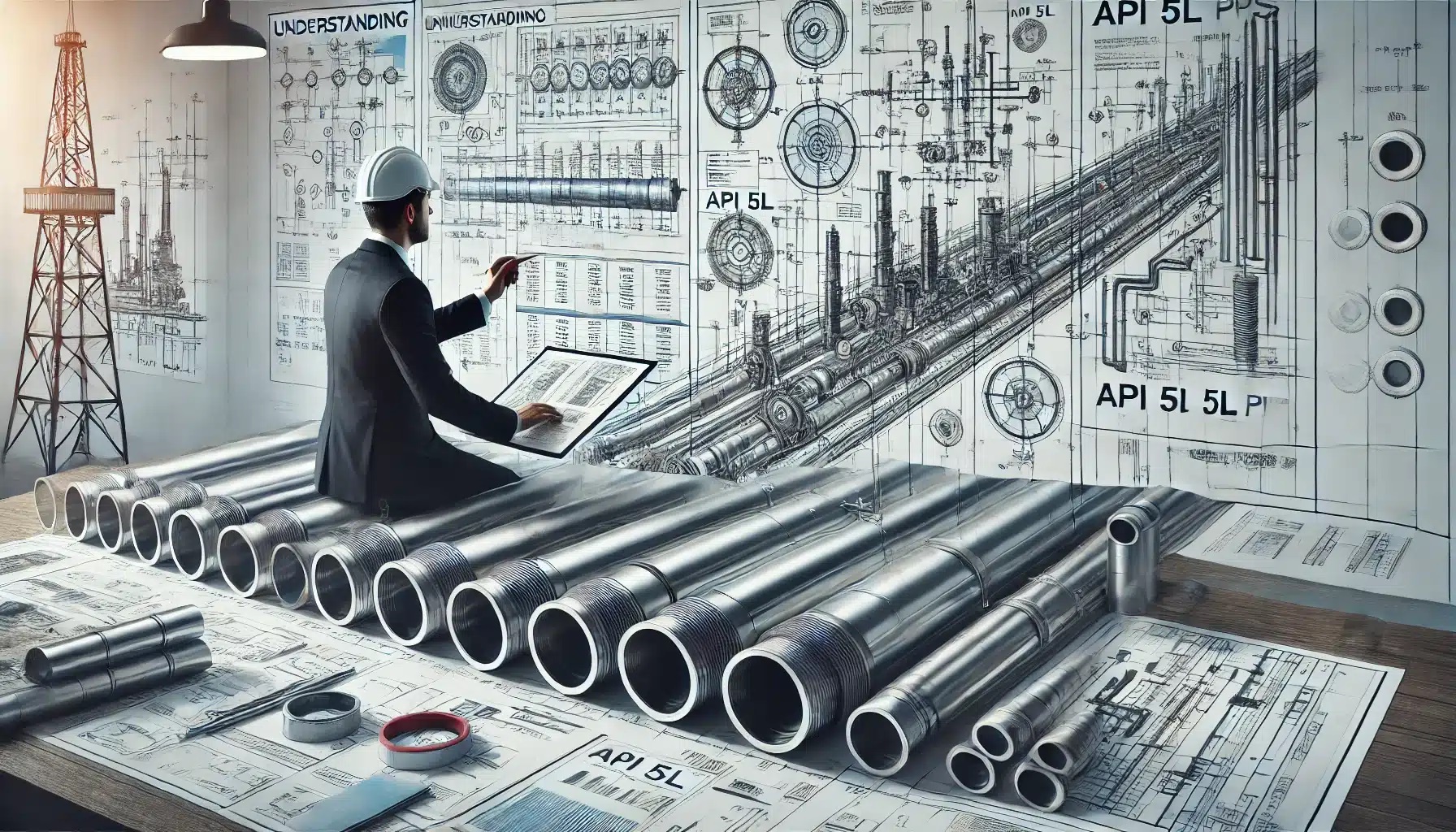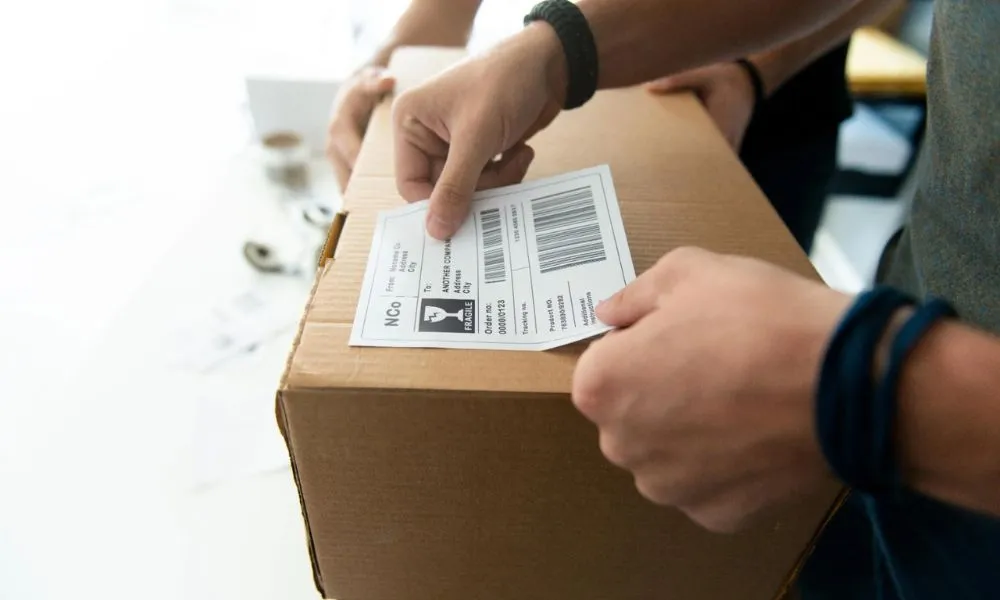In the complex world of pipeline projects, choosing the right materials is critical for ensuring the safety, efficiency, and durability of the infrastructure. Among these materials, API 5L pipes stand out for their application in transporting gas, oil, and water, making them a cornerstone of the energy sector. However, not all manufacturers and suppliers deliver the same level of quality, which is why it’s essential to understand what differentiates the best in the business. This guide aims to arm buyers with knowledge on quality assurance and certifications needed when choosing an API 5L pipes supplier and manufacturer.
Understanding API 5L Specifications
The American Petroleum Institute (API) sets the standards for API 5L pipes, which outline the parameters for grade, size, shape, chemical composition, and strength of the pipes. These specifications ensure that the pipes can handle the transport of fluids at varying pressures and temperatures without failure. Familiarizing yourself with these specifications is the first step in assessing a supplier’s or manufacturer’s adherence to quality standards.
Quality Certifications
A key marker of a reputable API 5L pipes supplier and manufacturer is their lineup of quality certifications. Top on the list is the API Spec Q1, an industry-driven certification that signifies the manufacturer’s ability to produce products that consistently meet customer and legal requirements. Another critical certification is ISO 9001, which focuses on quality management systems and operational efficiency. A supplier or manufacturer like Trio Steel, boasting these certifications, indicates a commitment to upholding the highest industry standards.
The Importance of Traceability
Traceability in the manufacturing process of API 5L pipes is vital for quality assurance. It involves maintaining records of the materials, production processes, and tests each batch of pipes undergoes. This transparency ensures that if any issues arise, the source can be quickly identified and addressed. Manufacturers and suppliers who provide comprehensive traceability reports demonstrate their dedication to delivering high-quality products.
Product Range and Customizations
Different pipeline projects have varied requirements depending on the transported medium, pressure levels, and environmental conditions. The right API 5L pipes supplier and manufacturer should offer a wide range of grades, sizes, and types (seamless and welded) to match specific project needs. Additionally, the ability to provide customizations shows the manufacturer’s expertise and flexibility in catering to unique project requirements.
Testing and Compliance
Quality doesn’t stop at certifications; it extends into routine testing and compliance checks. Manufacturers should conduct and document an array of tests, including mechanical properties testing, chemical analysis, and hydrostatic tests, to ensure each pipe meets API 5L standards. Suppliers should, in turn, ensure these compliance documents are available to buyers, showcasing the pipes’ fitness for purpose.
Sustainability and Environmental Compliance
In today’s eco-conscious world, the environmental impact of manufacturing processes cannot be overlooked. A forward-thinking API 5L pipes supplier and manufacturer will not only comply with environmental regulations but also strive for sustainability in their production processes. This commitment is increasingly becoming a deciding factor for buyers aiming to align with environmentally responsible practices.
Price vs. Quality
While competitive pricing is essential, it should not come at the expense of quality. The best supplier offers a balance, ensuring buyers receive value for their investment without compromising on the standards. Negotiating prices should always consider the long-term reliability and safety the API 5L pipes contribute to the project.
Conclusion
Choosing an API 5L pipes supplier and manufacturer requires a deep dive into their commitment to quality, certifications, product range, testing, and environmental stewardship. Buyers must prioritize these aspects to ensure their pipeline projects are built on the foundation of reliability and excellence. By focusing on these key areas, project managers and procurement teams can secure the best materials for their needs, underpinning the success and safety of their pipeline infrastructure.




